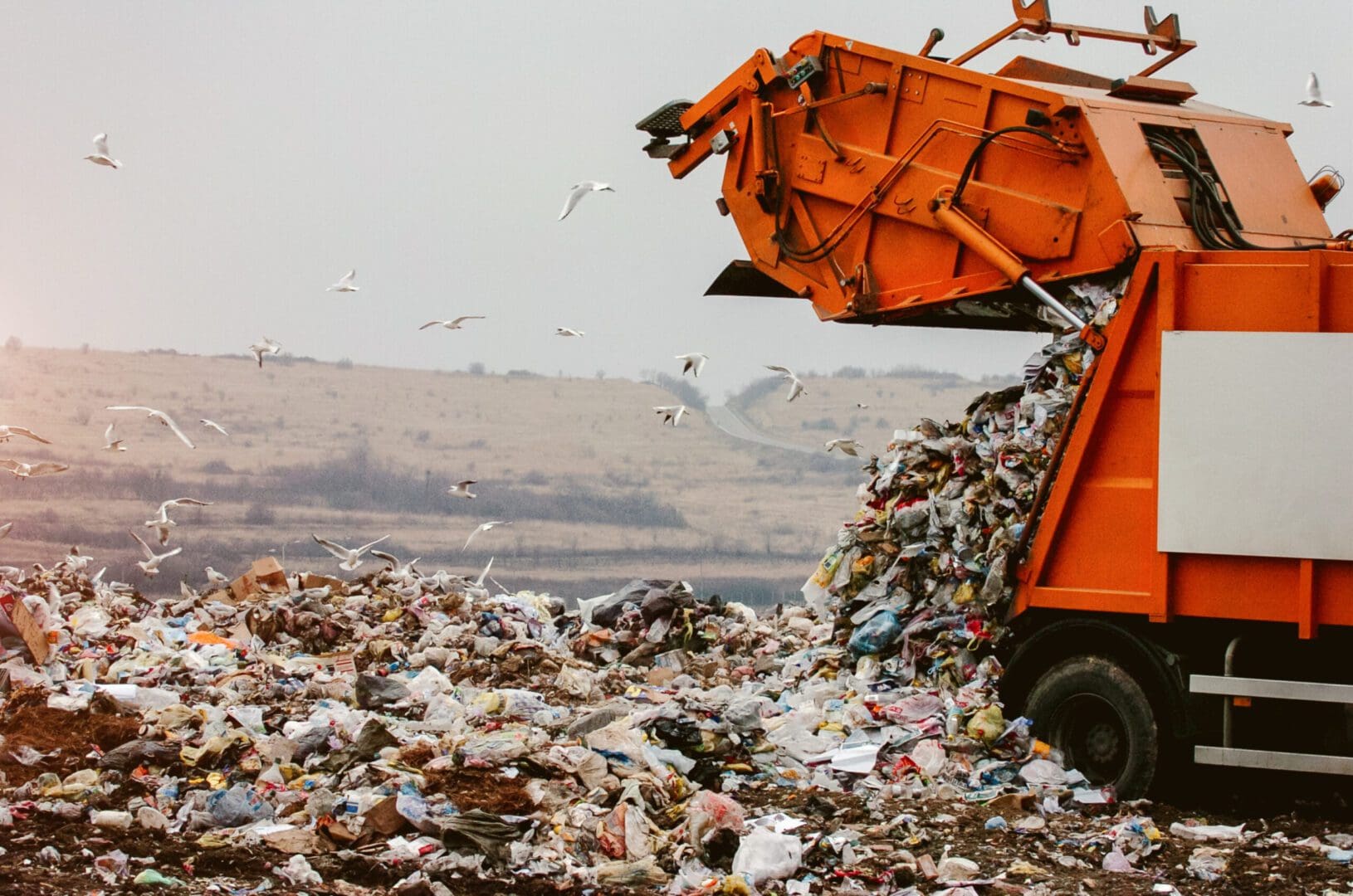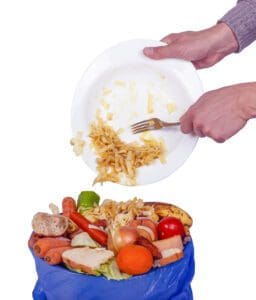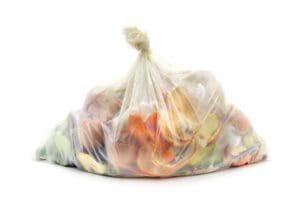Our Unsustainable Food Waste Cycle

Food Waste Is A Major Issue In America
It is easily the largest component that enters our landfills and a huge contributor to climate change. About 40% of food produced never gets eaten. According to the United States Department of Agriculture (USDA), this means that approximately 81.4 billion pounds of food is being wasted per year in America.
There Are Many Contributors To All This Food Waste
Food is grown that is never harvested. Restaurant’s purchase items that go uneaten. We buy food for our homes and it goes to waste. Our culture has us overgrowing, overeating, and overbuying food daily. Our landfills are piling up with food that goes untouched.

How Does This Effect The Environment?
Producing food requires water, labor, oil, and land. It also requires energy to cool it and transportation to distribute it all over the country.
For transportation of our food alone, it is estimated that the average meal in the United States travels 1,500 miles from farm to table. The transportation of food over great distances contributes to a tremendous amount of fossil fuels and carbon dioxide emissions. Additionally, our increasing demand for fresh food quickly requires a massive amount of work and resources for over â…“ of it to end up in a landfill.
What Happens to Our Food When It Enters the Landfill
The Environmental Protection Agency (EPA) explains that when food goes to a landfill, it is the same as placing a plastic bag around it. The food cannot break down properly and cannot return nutrients to the soil. This is because our organic waste is buried with all other trash – cutting it off from oxygen. When food goes to waste, it releases methane gas. This means that the greenhouse gases are being trapped in our soils, causing it to heat up.Â

What Can We Do About This?
Our food waste cycle has become an unsustainable and detrimental system to our planet. While these issues seem daunting to fix as a single person, there are a few things that we can do individually to help restore our environment. Buying less, buying local, and composting are just a few ways to begin the process of solving our food waste system. Making a difference just takes one step at a time.